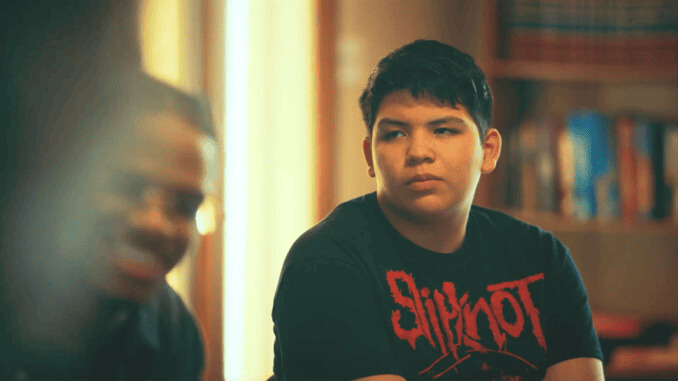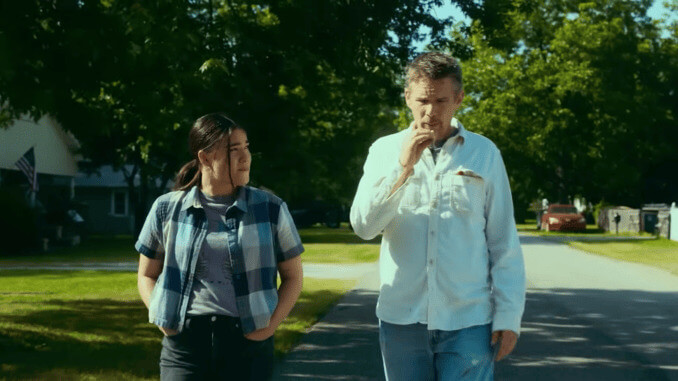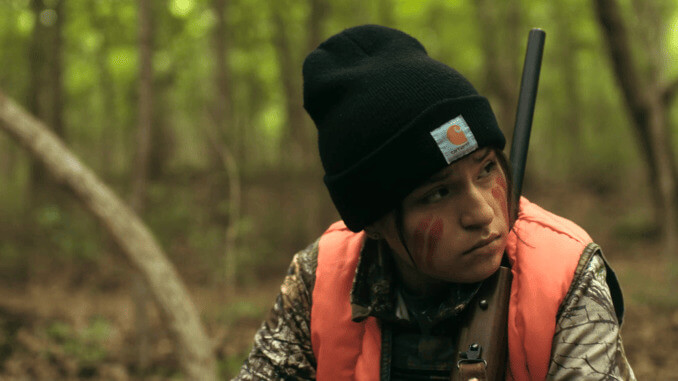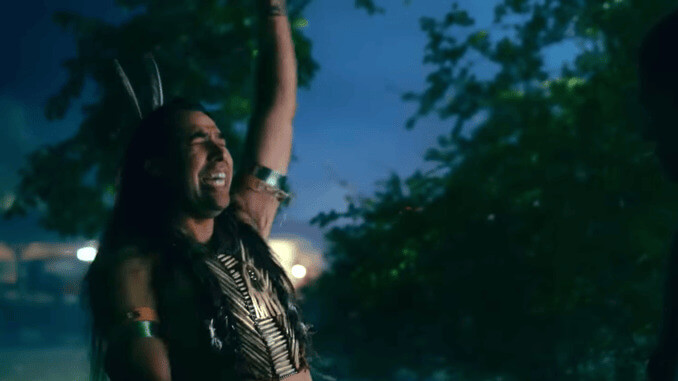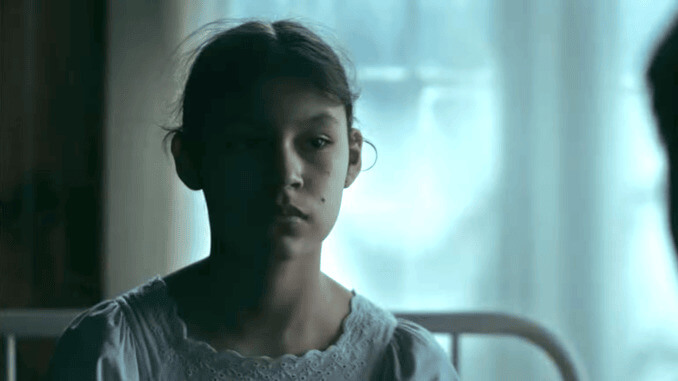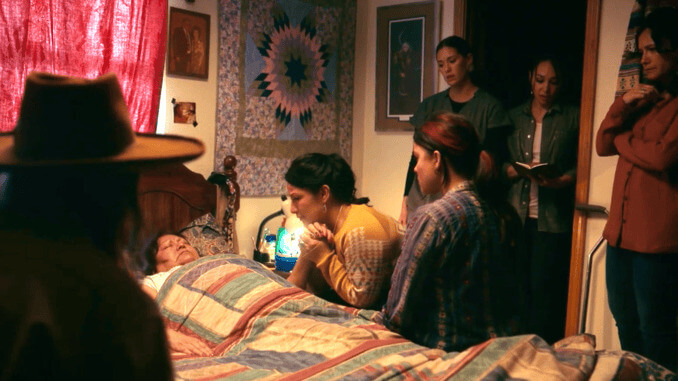The 10 Best Episodes of Reservation Dogs
Photo courtesy of FX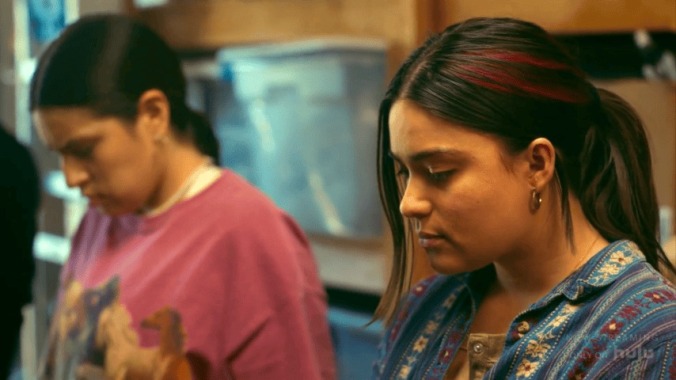
More than a coming-of-age tale, Reservation Dogs offers a profound exploration of healing, resilience, and the bonds that define community.
Set on a reservation in Oklahoma, Reservation Dogs follows four teenagers—Elora, Bear, Willie Jack, and Cheese—as they navigate life after the tragic loss of their friend, Daniel. The show deftly weaves humor, surrealism, and raw emotion, crafting a nuanced portrayal of Indigenous adolescence and the complexities of contemporary Native life. Before its premiere, Indigenous stories on screen were largely shaped by non-Native voices. Created by Sterlin Harjo, a citizen of the Seminole Nation of Oklahoma with Muscogee roots, Reservation Dogs is the first TV series with an entirely Indigenous team of writers and directors.
Since its debut, Reservation Dogs has been a catalyst for change, fostering a significant increase in Indigenous representation in front of and behind the camera. While the industry still has far to go, the series has played a pivotal role in challenging stereotypes and pushing for more authentic portrayals of Native people. It has inspired a new wave of Indigenous creators and audiences, sparking conversations that continue to shape the future of entertainment.
As the series unfolds, Reservation Dogs emerges as a meditation on grief, recovery, and the unbreakable ties that bind us to one another. From the first episode to the powerful series finale at the end of season 3, Reservation Dogs captures the full spectrum of human experience—light and dark—revealing how trauma, friendship, and resilience shape the lives of its characters. In this list, we revisit the standout episodes that define the series—each one exemplifying its rare ability to make us laugh, cry, and reflect. These are the episodes that resonated deeply, exploring everything from joy to sorrow, and the complexities of belonging. Here are the 10 best episodes of Reservation Dogs.
10. “F*ckin’ Rez Dogs” (Episode 1.01)
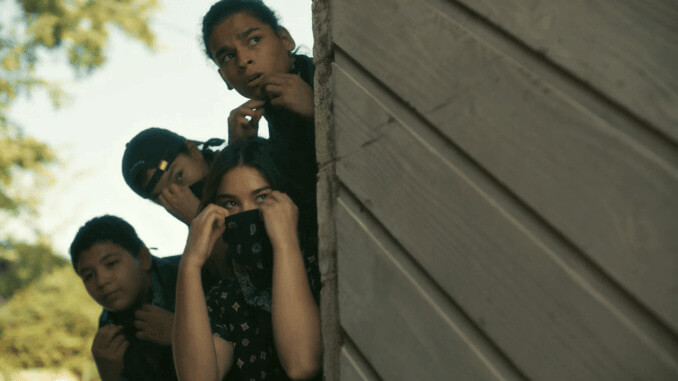
The premiere episode of Reservation Dogs, titled “F*ckin’ Rez Dogs,” quickly establishes the show’s mix of irreverent humor and emotional depth. We meet the four main characters—Bear, Elora, Willie Jack, and Cheese—who navigate life with a blend of mischief and grief. Whether pulling off a chip truck heist or reflecting on their late friend Daniel, their strong camaraderie is clear. The episode sets up the series’ core themes of community, loss, and resilience, introducing characters who are funny, flawed, and deeply human. While the humor is sharp, moments of sadness remind us of the trauma they’re processing. In just one episode, Reservation Dogs lays the emotional groundwork for the series, balancing humor with heartfelt moments that will define the show.
9. “Satvrday” (Episode 1.08)
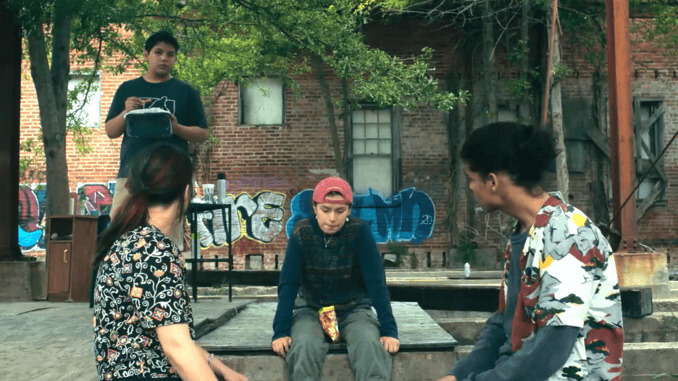
One of my favorite narrative devices is when characters are forced into close proximity, confronting unresolved issues they can’t avoid. In “Satvrday,” the Season 1 finale, a tornado strikes the reservation as the group faces a turning point, preparing to leave Okern for California. Willie Jack surprises everyone by deciding to stay behind, realizing she’s found what she needs on the reservation.Featuring heartfelt moments and bittersweet goodbyes, and with the tornado as a powerful backdrop, “Satvrday” closes out the season, leaving the group’s future uncertain but full of possibility.
8. “Wide Net” (Episode 2.05)
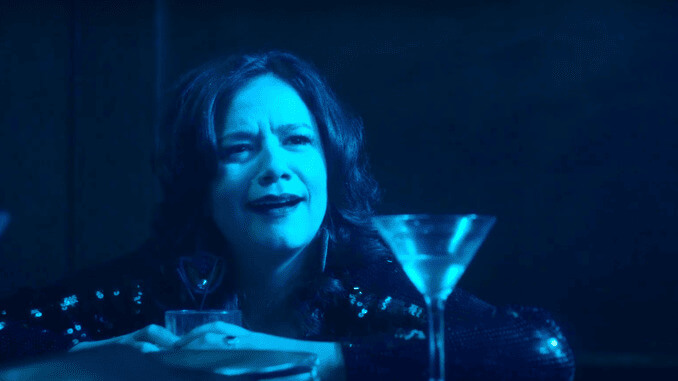
Throughout the first two seasons of the series, moments of focus on the adult characters are few and far between, but always resonant. In “Wide Net,” Rita, Bev, Natalie, and Rita’s cousin Teenie attend an IHS conference in search of freedom, fun, and casual snagging. The episode is full of humor and playful chaos, from a hilarious dance sequence to the group’s antics as they let loose and try to make connections. But as the night progresses, tensions between Rita and Teenie bubble to the surface, revealing unresolved grief and deep emotional wounds tied to the loss of a close friend from their youth.
Despite the lighthearted moments, “Wide Net” blends comedy with emotional depth, showing how unresolved pain can resurface unexpectedly. The episode is both fun and heartfelt, capturing the way the past shapes the present while reminding us that healing often comes through connection and understanding.
7. “Offerings” (Episode 2.09)
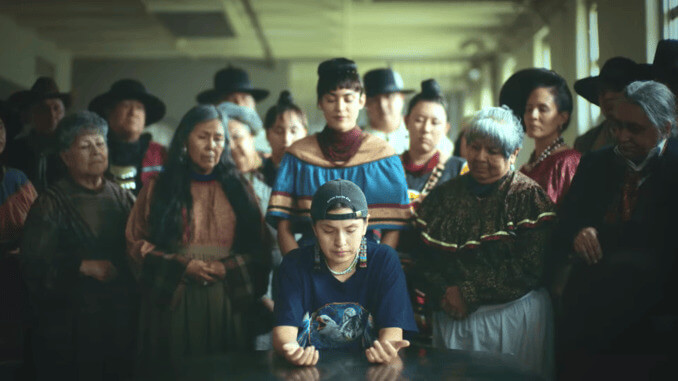
In “Offerings,” Willie Jack discovers a letter from her late cousin Daniel, prompting her to visit his incarcerated mother, Hokti (played by Lily Gladstone). Initially, Hokti is resistant to reconnecting with her spirituality, but Willie Jack encourages her to tap into ancestral knowledge and seek healing, uniting over their shared grief. This emotional journey becomes a powerful exploration of reconciliation and intergenerational connection—central themes throughout the series. The episode also subtly addresses the criminalization and mass incarceration of Indigenous women, all while maintaining the show’s signature blend of humor and lightness. It doesn’t explicitly deconstruct these systemic issues, but it highlights them through its characters’ lived experiences, offering a nuanced critique of the broader institutional harms they face.
“Offerings” presents a deeply heartfelt portrayal of healing and reconnection. Paulina Alexis and Lily Gladstone deliver expert performances, capturing the vulnerability and strength of their characters. The episode beautifully conveys that connection, whether on the reservation, on the road, within the walls of a prison, or even with ancestors after death, remains a vital force—even in the face of grief and institutional violence. It’s a reminder that, despite their challenges, the characters on Reservation Dogs continue to find ways to reach out to each other, fostering solidarity and resilience across generations.
-

-

-

-

-

-

-

-

-

-

-

-

-

-

-

-

-

-

-

-

-

-

-

-

-

-

-

-

-

-

-

-

-

-

-

-

-

-

-

-

